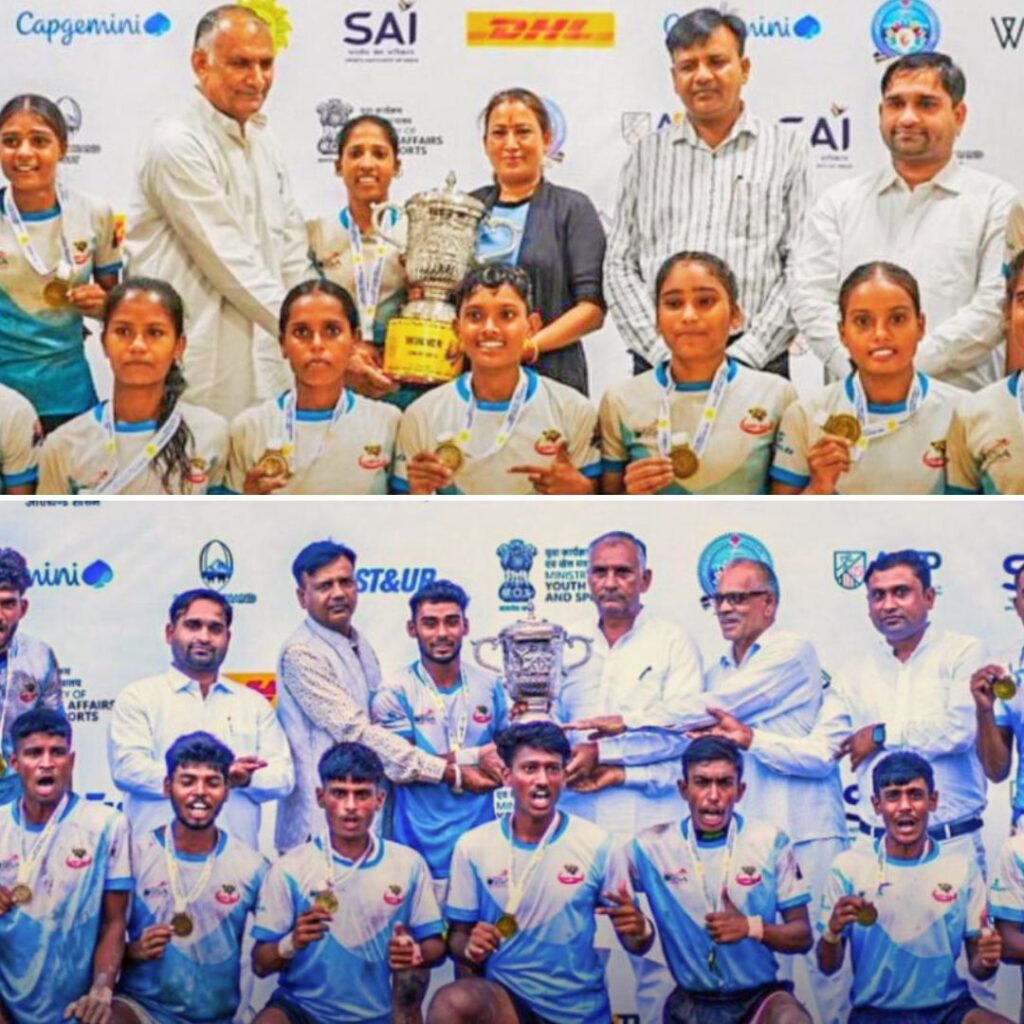I fail to understand. How come farm loan waiver in Uttar Pradesh, Maharashtra, Rajasthan and Punjab is considered to be bad economics, bad politics whereas massive loan waiver for the big corporate is construed to be good economics, leading to economic growth.
“Repeated loan waivers by various state governments distort credit pricing, thereby also disrupting the credit market,” former RBI Governor Raghuram Rajan had once remarked. Endorsing the viewpoint, the State Bank of India chairperson, Arundhati Bhattacharya on Wednesday said that crop loan waivers disrupt ‘credit discipline’ as ‘the farmers will wait for the next elections expecting another waiver.’
There is no denying that writing-off farm loans certainly makes some farmers habitual defaulters, expecting another waiver at the time of next elections. But let’s also look at what the Chief Economic Advisor has to say. Speaking at Kochi the same day, Arvind Subramaniam suggested that the government needs to bail out large corporate borrowers. “You need to be able to forgive those debts because this is how capitalism works. People make mistakes, those have to be forgiven to some extent,” he said, and added: “Political system has to be able to do that and bad bank is one way of trying to do that.”
If this is how capitalism works, I wonder why it doesn’t work the same way for farmers. If rich corporate can make mistakes and get a massive bail out, why do farmers who actually don’t make mistakes but are victims of economic policies that keep them deliberately impoverished, get a loan waiver. Are farmers not part of the same capitalist system? Unless, of course, farmers are considered to be children of a lesser god.
The policy of treating corporate defaulters with velvet gloves does not end here. Arvind Subramaniam goes on to say that ‘bailing out big corporate will surely lead to allegations of corruption and crony capitalism. There is however no other way to solve the problem but to write-off the mountain of debt’. If this is what growth economics is all about then Arundhati Bhattacharya too need to understand that crop loan waiver will surely bring ‘credit indiscipline’ among farmers but there is no other way to solve the problem. ‘Credit indiscipline’ among farmers, as she fears, is nothing different from the ‘credit indiscipline’ that corporate resort to.
Why then single out farmers for ensuring credit discipline whereas allowing the corporate defaulters, most of whom are willful defaulters, to virtually go on robbing the banks. According to the latest report of the Public Affairs Committee of Parliament, headed by K V Thomas, of a total of Rs 6.8-lakh crores of non-performing assets (NPAs), which actually is a euphemism for bank defaults, a whopping 70 per cent are those of big corporate houses, hardly one per cent of it belongs to farmers. Interestingly, much of these bad debts are predominantly of the large corporates – steel, power, infrastructure and textile sector.
And how much of it is likely to be written-off? Well, hold your breath. India Ratings, the credit rating agency, estimates that close to Rs 4-lakh crore, out of a total of Rs 7.4-lakh crore stressed loans that the big companies have accumulated over the five year period, 2011-2016, is expected to be written-off. Let’s also not forget, this is not the first time that the banks are going to write-off loans of big companies. Earlier too, close to Rs 10-lakh crores has been written-off or has been ‘restructured’ over the past decade. The question that needs to be asked is why does the corporate write-off keeps on coming back year after year? Did you hear the SBI chairperson blaming the massive corporate write-off at any stage for disrupting ‘credit discipline’?
Since writing-off corporate debts brings loud protests and charges of crony capitalism, the best way being suggested is to create a special bank where all these bad debts will be parked. Don’t forget, this is how capitalism works. And it clearly shows that capitalism only works for the rich and the powerful. Different strokes for different people. The banking laws that work for the rich defaulters do not work for the poor farmers. Writing-off the outstanding loans of the big companies is economic nirvana, whereas any waiver of small crop loans is termed as bad economics.
Despite the election promise of waiving farm loans in Uttar Pradesh (UP), news reports state that the waiver will be restricted to overdue cooperative bank/primary cooperative societies’ loans, which according to the state government are not more than Rs 8,500-crore. This is roughly 10 per cent of the unpaid dues of Rs 86,000-crore to commercial and cooperative banks. In Punjab, where too the Congress party had promised to write-off farm loans, the overdue loans in farming stand at Rs 5,150-crores.
Although Arundhati Bhattacharya clarified that the bank has not received any request so far to waive-off farm loans in UP or for that matter in Punjab, I fail to…











